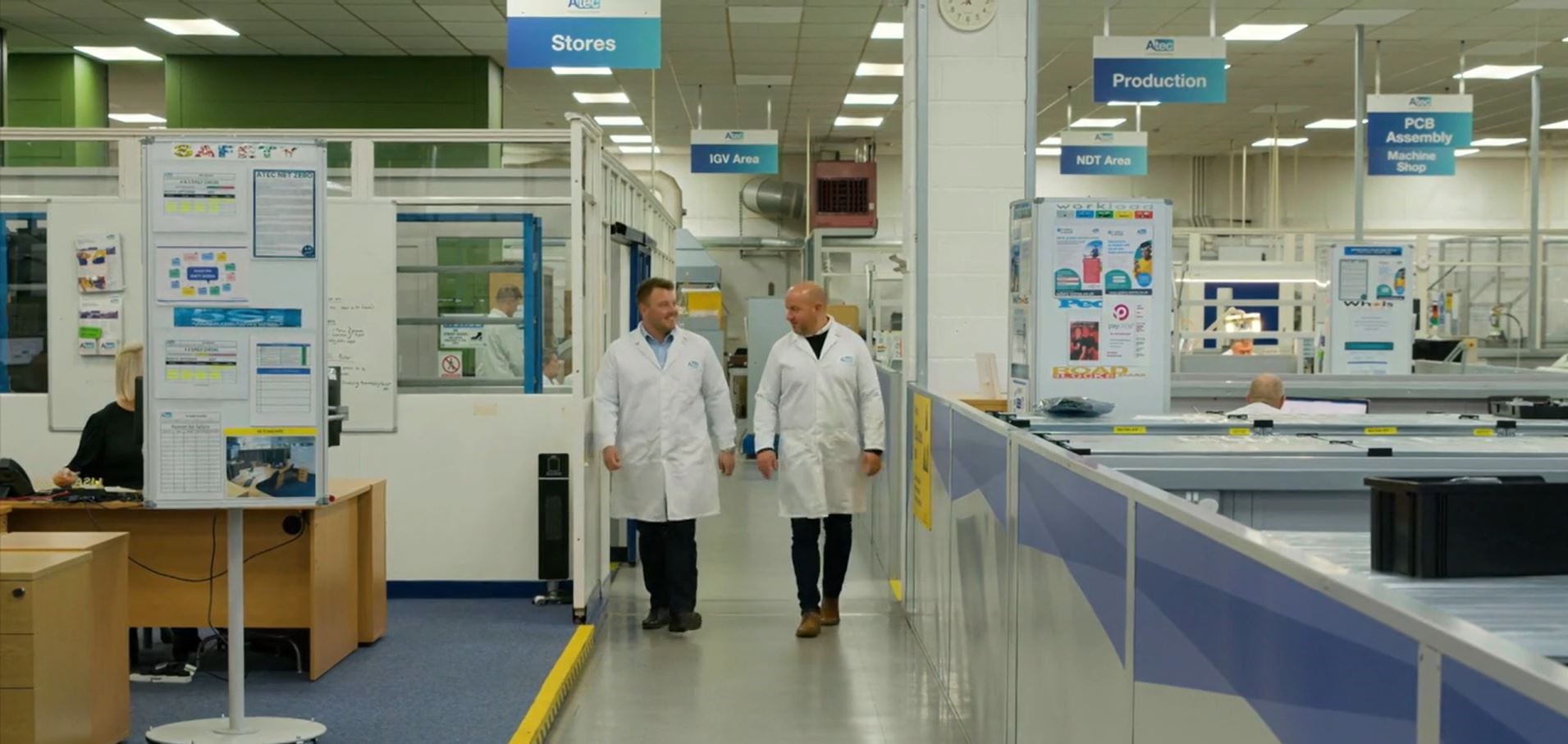
Inspired helping to tackle Peat Bog challenge; one Sphagnum Moss bundle at a time
Ahead of Nature and Biodiversity being front and centre at COP29, Inspired has helped to play a small part in the restoration of Peat Bogs, Darwen Moor.
Ahead of Nature and Biodiversity being front and centre at COP29, Inspired has helped to play a small part in the restoration of the Peat Bogs of Darwen Moor.
A group of Inspired volunteers headed up to Darwen Moor on Monday 11th November, armed with bags of Sphagnum Moss, and a determination to make an impact. The Spaghnum contained four different species of moss, and once it takes root, creates a carpet of vegetation.



It’s not a quick process – the plants must be manually rooted in the ground one at a time. Once planted, it will take up to five years to see a change in vegetation, and up to 50 years before it functions as a near-natural blanket bog again.

“A very enjoyable and well organised day, helped no end by the great weather and stunning views. It felt good to be initiating something that help in the battle against climate change that will still be around long, long after we have gone.”
David Cockshott
Chief Commercial Officer, Inspired PLC
Peat Bogs, when healthy, are wet and boggy. The nature of the environment means plant material doesn’t rot, and instead, is compressed into acidic peat soil. Not only are these muddy bogs a significant natural carbon store, they act as flood defences and are home to a range of plants and wildlife.
Across Lancashire, Greater Manchester and North Merseyside, 98% of lowland peatlands have been destroyed. Much of this destruction comes from human intervention: historically, people placed little value on these areas and installed drains to remove moisture. The land was turned into grazing area for livestock, agriculture and even developed for housing. Use of fertilisers has also added nutrients which are not naturally present in peat, altering the fine PH balance which makes the bogs the perfect home to many species.
Not only this, but a combination of dry weather conditions and ill-thought-out barbeques have caused massive fires, destroying acres of land and meaning the precious eco-systems must start again from scratch.
The Wildlife Trust for Lancashire, Manchester and North Merseyside (LWT) have been working hard to design a restoration plan, secure funding and engage volunteers to help rejuvenate lost peat bogs. Inspired recognise the importance of supporting our local habitats in the fight against climate change, and got in contact with LWT to see how we could help.
We’re proud to say we planted 7,200 moss bundles over one day, and these plants will still be there 100 years from now.
Our thanks go out to LWT for facilitating the day for us, and for their ongoing work in support of the UK’s greatest natural carbon store.



Leading by example
As the UK’s leading energy and sustainability advisor, we need to lead by example. That is why we work with third-party ratings agencies to comply with all relevant mandatory and voluntary reporting legislation, as well as community organisations to make a social impact.
Businesses have a vital role to play in helping the UK achieve its net-zero ambition. We aim to embed net-zero and ESG objectives into our daily operations and our mission is to provide exemplary ESG services to our clients, helping them achieve net-zero.
Click here for more information on Inspired’s ESG performance, and view the below video from the today itself.







